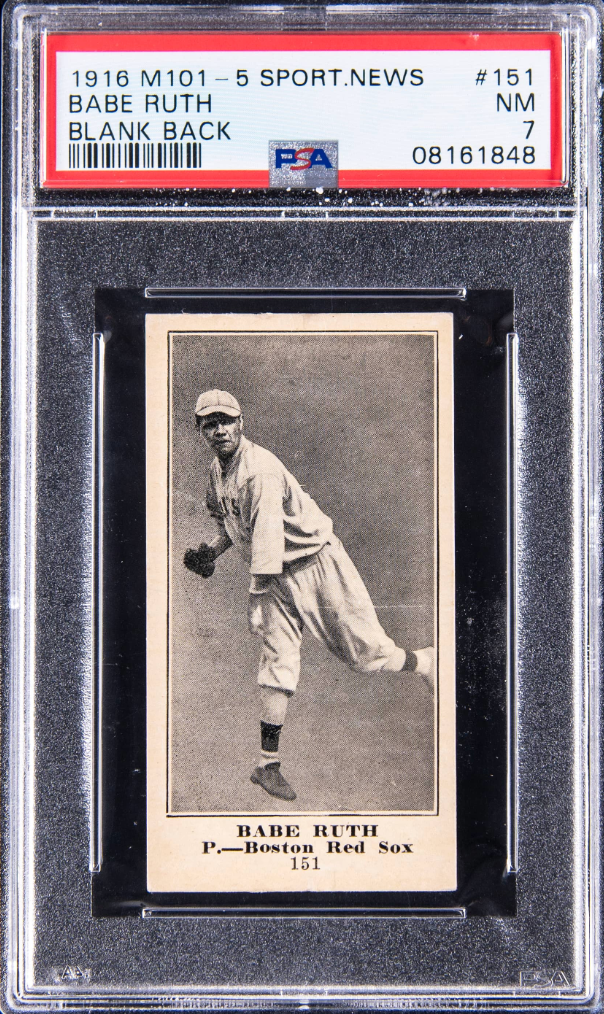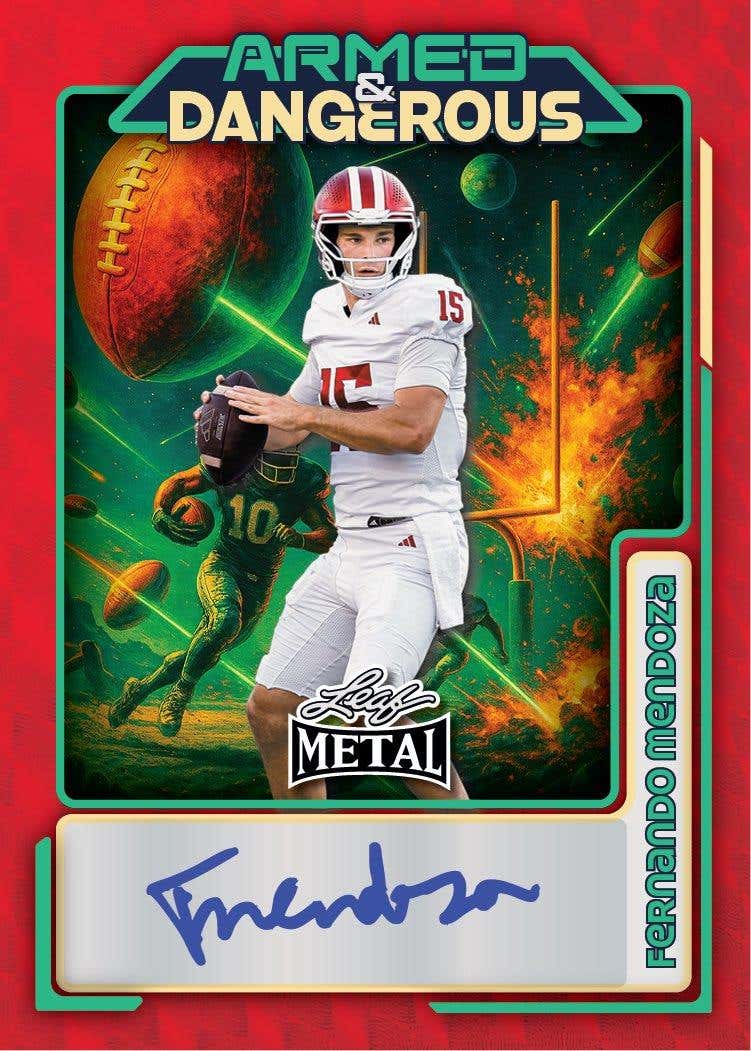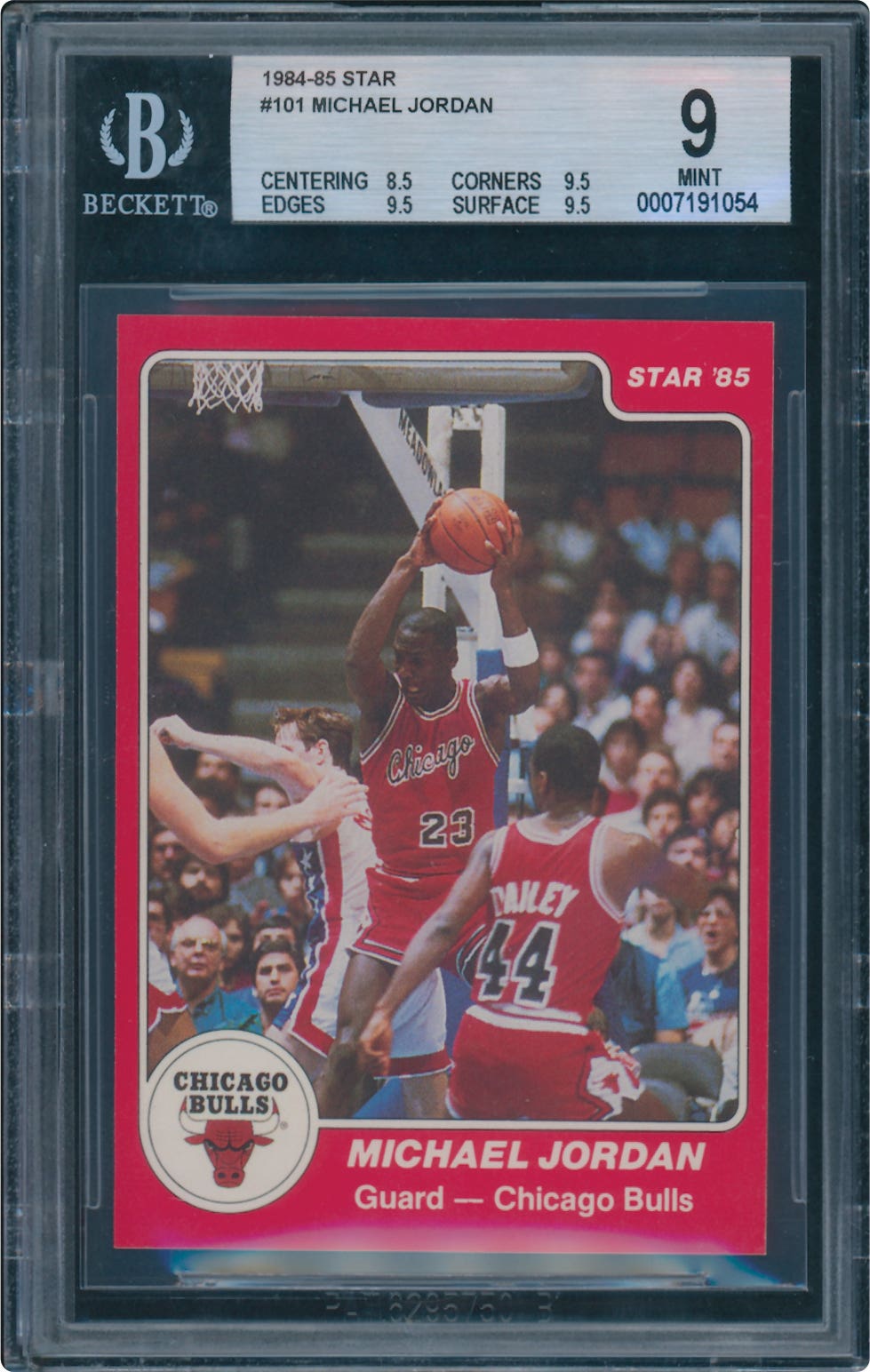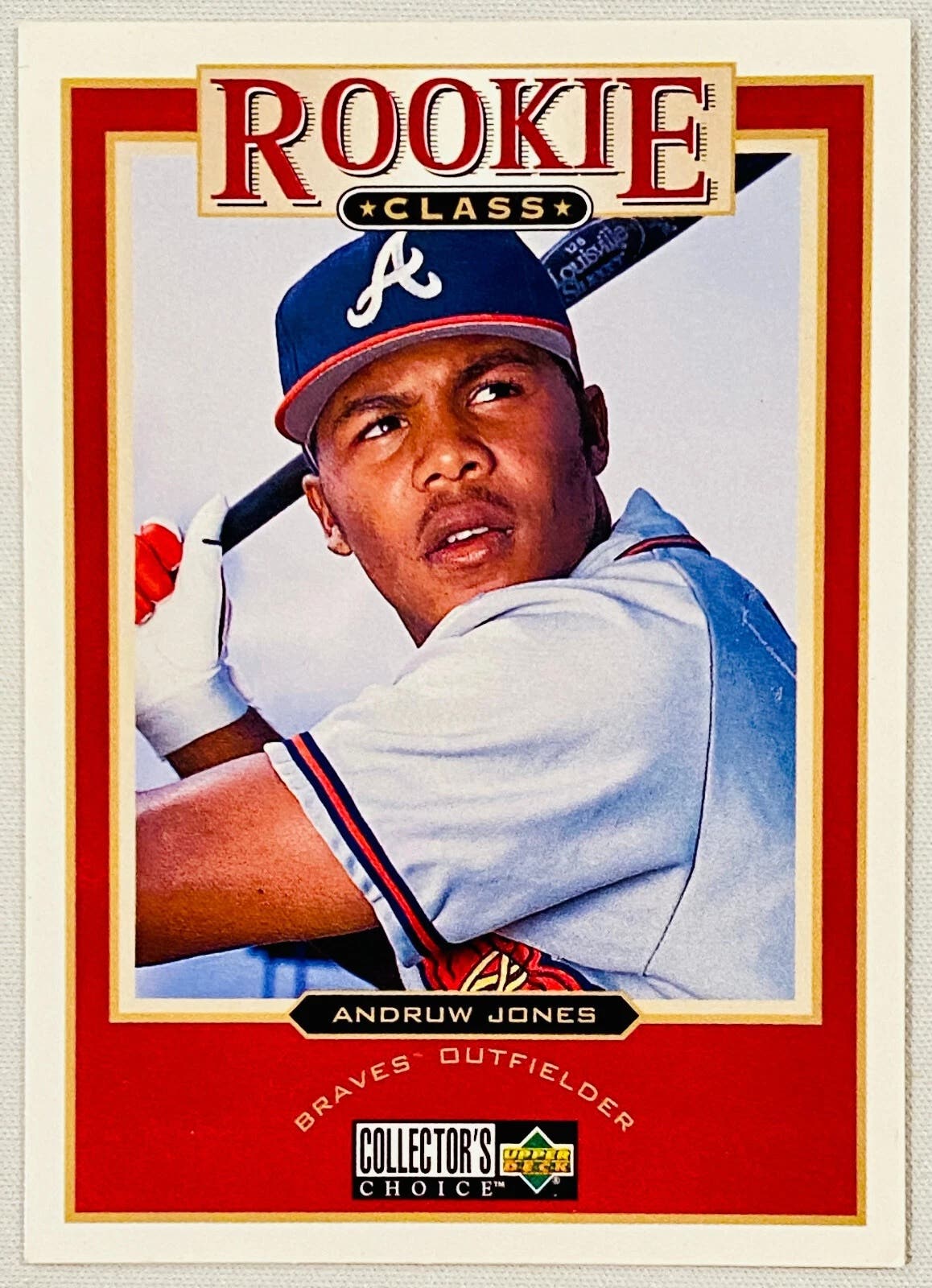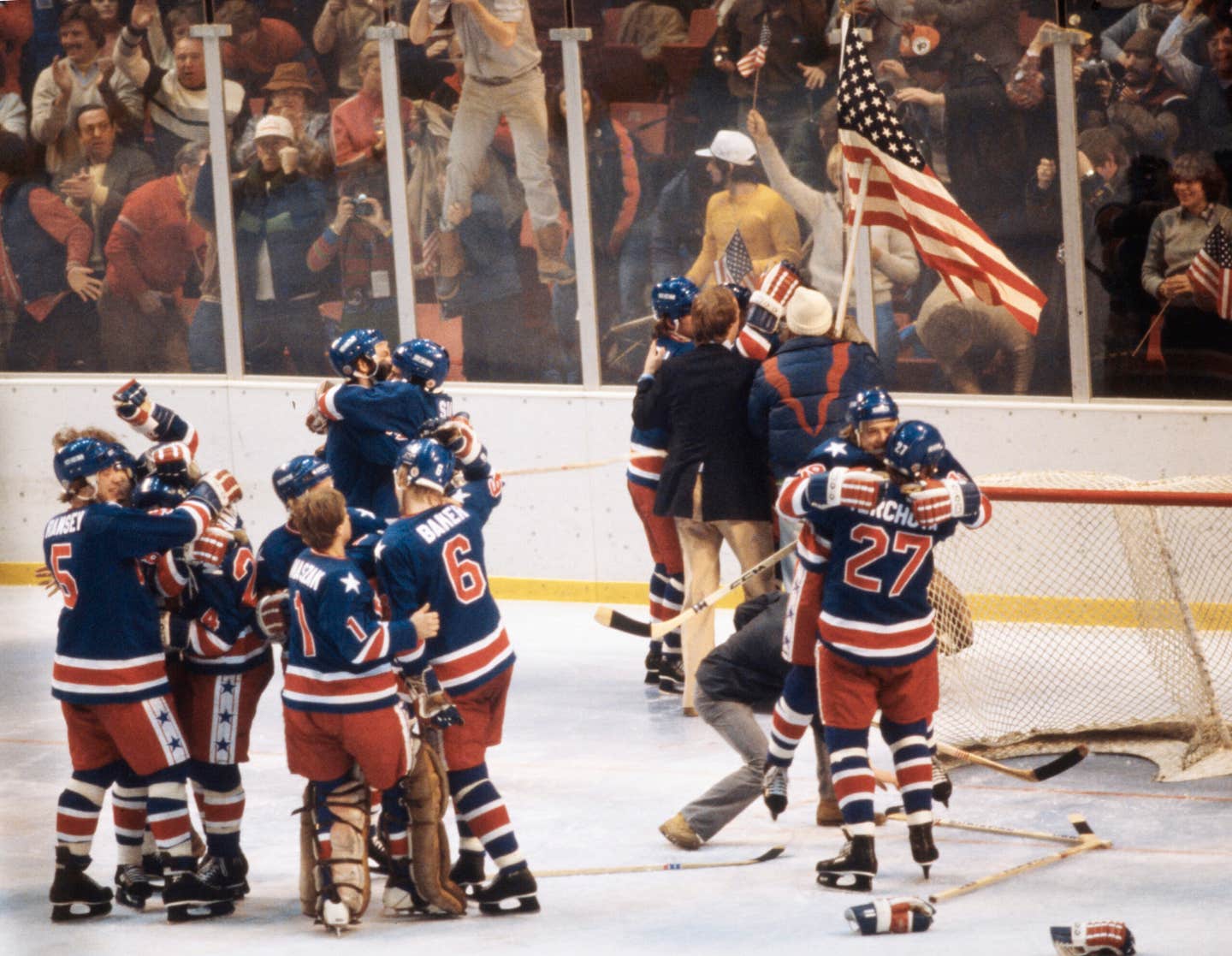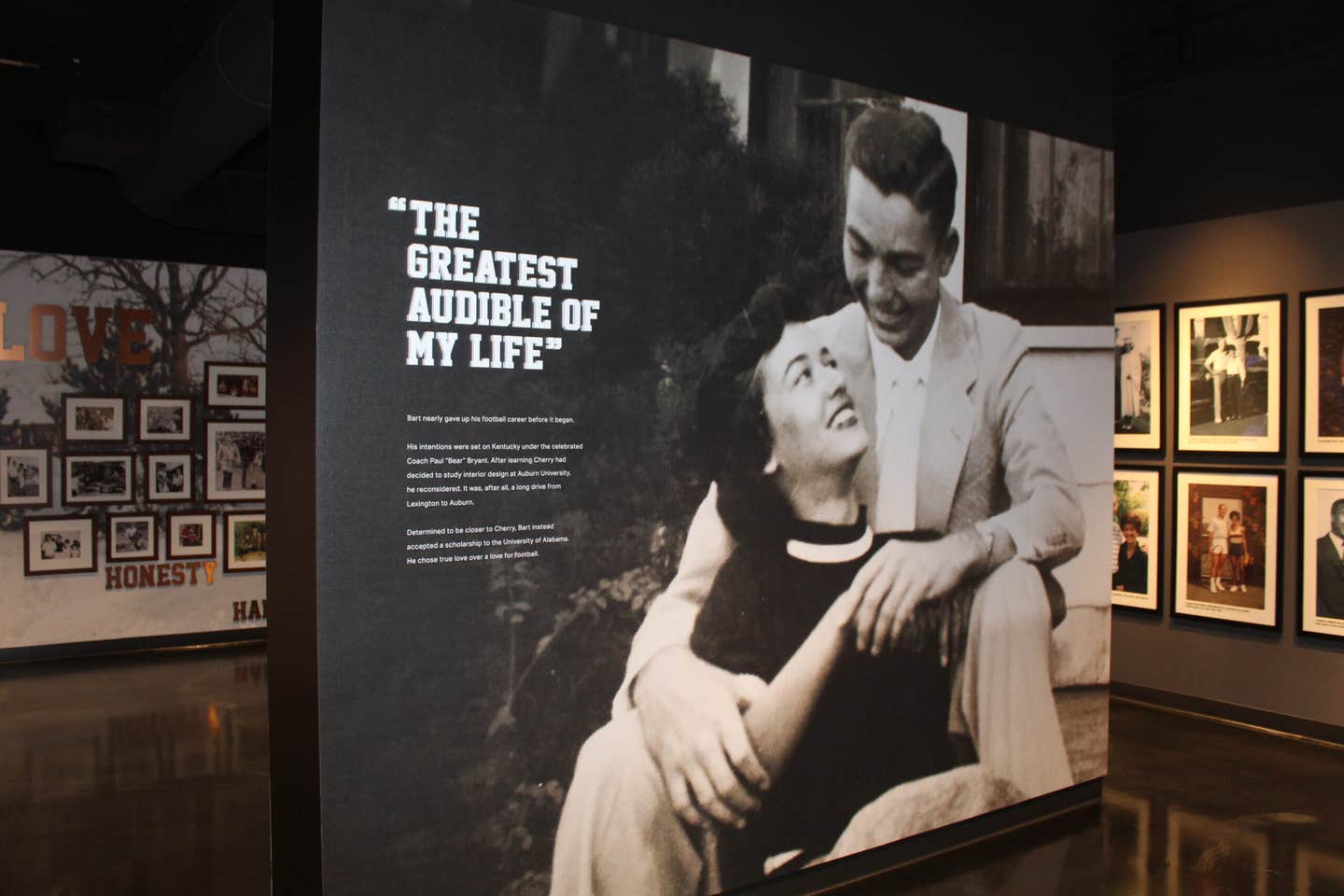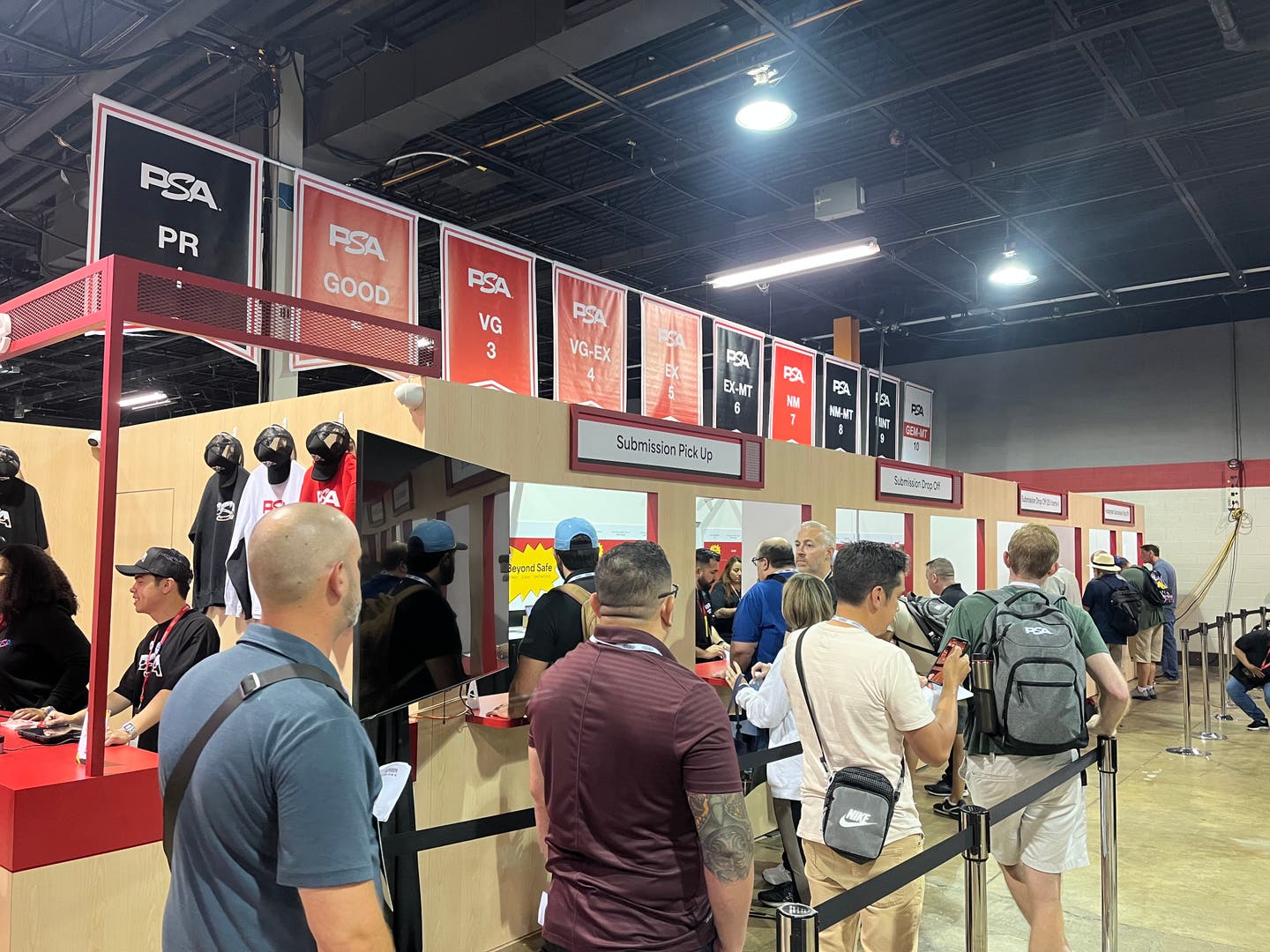
News
Sports card grading companies face fierce competition after collecting boom
The competition amongst third-party grading companies in the sports collectibles hobby is fierce.
New businesses are entering that space in the industry on a regular basis, and the companies on top are trying to fend off rigorous challengers.
Everyone wants a piece of the huge pie.
Over the last few years, the growth of the hobby and demand for getting items graded has put a strain on the grading companies. An avalanche of submissions caused some of the industry giants to do the unthinkable and not accept submissions for a period of time to erase backlogs. Those actions caused a ripple effect.
The harsh reality created plenty of lessons to be learned. Now that the dust has finally settled and grading companies are back to their regular daily workload, it’s business as usual.
At this year’s National Sports Collectors Convention, Sports Collectors Digest spoke with the top leaders of the four leading grading companies in the hobby — Professional Sports Authenticator (PSA), Sportscard Guaranty Corporation (SGC), Beckett Grading Services (BGS) and Certified Guaranty Company (CGC) — as they battle to offer the industry’s best service.
According to GemRate.com, which tracks grading trends and how many items each of the top four companies grade per day, PSA graded over 1.1 million items in July of this year. That’s far and away more than all the next three companies combined.
On Aug. 29, for example, PSA graded over 27,200 items. In comparison, CGC graded 11,600 items, SGC 5,300 and BGS 3,700.
PSA STILL CARD GRADING KING
Churning out over one million graded cards per month on average, PSA is showing it is still king in this space.
When PSA was inundated with submissions, it was backlogged by millions of cards. That forced the Santa Ana, Calif.-based company into a months-long halt of accepting new submissions.
Nat Turner, the CEO of Collectors, the parent company of PSA, said PSA has gotten better as a grading company in the last few years.
“I would say the biggest things are the capacity growth,” Turner said. “We’ve done, I think, two times the amount of cards per day now than two years ago. Just scalability so collectors don’t have slow turnaround times; they can have 60 days or less. Back then, it was a year. That’s probably the biggest thing.
“But part of that is the technology, so we have a lot of software now that helps us be more efficient. It’s not just more people, although we certainly have a lot more people. We’re able to be more scalable with research and identification of cards, and then the actual grading process is more automated. Not just grading but sealing and imaging.”
PSA, which has been around since 1991, hasn’t really changed how it approaches grading since the pandemic spawned a new wave of collectors and submissions. The company has just been able to grade more cards in a day and month and do it faster.
“We have more services around grading, so like the set registry’s better,” Turner said. “We have a mobile app that’s better; you can actually interact with your orders. We have a vault. We have better real-time pricing. Our holders are better. But the core grading standards are the same.”
After PSA completely reopened submissions in early 2022, Turner wasn’t quite sure what would transpire.
“I was worried that we would return to pre-COVID interest in the hobby, not just grading, but that a lot of people that entered the hobby would just leave,” Turner said. “I think the new normal is two times what it was pre-COVID, I’ve learned that. I think it’s a lot of new people. I think a lot of people did leave the hobby, mainly the investor types who were flipping, and they realized that not everything goes up and to the right. But the folks that truly enjoy this hobby for what it is, most of them stuck around.
“From a grading perspective, it’s as important as ever for authenticity and quality, even on really the ultra-modern cards. There’s a lot of variance and not every pack-pulled card is a 10 and there are a lot of shenanigans that still go on, unfortunately.”
At The National, PSA unveiled some changes and additions to its grading process. The company is trying to make it easier for customers to fill out submission forms as well as make the steps during the grading process more transport to its customers.
PSA launched a free app that helps add clarity for anyone who submits items.
“You can track your order step by step. We show you images now, raw and graded, which is new,” Turner said. “I’m going to be exposing more and more metadata on the cards after they’re graded, so things like, what’s the centering, what’s the surface defects. We know that data, we just haven’t exposed it publicly. It’s going to be tough, though, because it’s only going be on cards after a certain point forward.”
SGC MAKES ITS MOVE
For a long time, SGC was mainly known as the leader in vintage card grading. That’s a misconception SGC President Peter Steinberg wants to shake.
Collectors have started to realize that SGC — which launched in 1998 — deals quite a bit in modern and ultra-modern cards. The versatility of SGC helps its brand.
At this year’s National, SGC was doing on-site grading for the first time at the show since 2019.
“This is where everyone’s tested and it’s kind of like, who’s going to cut the corners to make the buck and who’s not,” Steinberg said. “All I can speak to is my team here, and I can say there is not a single corner we’ve cut in the four years I’ve been honored to kind of be leading this place. I’m really proud about the body of work that we’ve put together and I’m confident that the hobby will continue to take notice on what our team’s building.”
When PSA and BGS halted taking in submissions during the pandemic, SGC took advantage of the monumental opportunity. The company has blossomed into a major player against rival PSA.
“As far as the growth goes, it’s really just been a massive information gap historically between SGC and what we’re about, who we are as a brand, and kind of how a lot of the collectors, primarily modern card collectors, viewed our brand,” Steinberg said. “I think as we’ve started educating and really putting action behind our words, let’s face it, we have really disrupted the industry. Other companies charge $300 a card minimum for the kind of service that we provide for as low as $18 right now. I’m really proud about that."
“One thing that I can say confidently is that disruption and that constant burning feeling to just be better and go for more is stronger now than ever and we’re working on things back at home that we’re extremely excited about — things that I think the hobby will be very excited about as well.”
About a decade ago, PSA was outdistancing itself from the competition. BGS was thought to be in second place, followed by SGC. That race for second has recently tightened, and it’s possible SGC has jumped ahead of BGS.
According to Steinberg, SGC’s submission volume grew by 34 percent from the second half of 2022 to the first half of ’23.
“Don’t get me wrong, there’s still a bit of gap closing to go,” Steinberg said. “Let’s face it, there’s a behemoth across the room and that’s no secret to us. Right now, we remain laser-focused on what we’re doing and strongly believe that if we keep our heads down, continue to do the right things, that growth’s going to continue.”
Steinberg loves the competitive nature of the card-grading market.
“I look at that competition, and I look at our brand, and I say, ‘SGC makes a lot of sense why it’s growing,’” Steinberg said. “If we’re offering a better service for a fraction of the price with a far better customer service approach, we’re run by collectors, we really are. I joined SGC at the entry-level. I was essentially the most passionate card collector on the team, and they went with me to just run the entire thing, I think that speaks volumes to who SGC is as a brand.
“At the end of the day, I say it all the time, no grading company is perfect, us included. We’re going to make mistakes. What is so important to this hobby, I truly believe, is who’s running your company. Who is it? Because that’s a really big responsibility. This hobby not only means so much to everyone at this show, but at the end of the day, there are so many dollars flying around here, and there are so many opportunities for bad actors, and you need the grading companies to be acting on behalf of everything and doing the right things, both in front of the camera, but also behind the scenes. I think that’s where SGC really takes the cake, simply because I see it on a daily basis. We get a card wrong every once in a while, [but] we buy that card back. That’s very important. It’s almost like cleaning up the streets.”
Also see: SGC makes welcome return to National; DraftKings enters hobby; Upper Deck betting on Bedard
BECKETT LEARNS HARD LESSON
When BGS was flooded with submissions in 2021, it faced a harsh reality.
A massive backlog forced BGS to halt accepting submissions, just like its lead competitor, PSA.
BGS was not prepared for what happened, noted Jeromy Murray, who was Beckett’s COO and President when Sports Collectors Digest spoke with him. In mid-August, Murray was let go after 19 years with the company.
“What we learned is we were not prepared for 2021,” Murray said. “I think the business was good leading up to that, and then you had the onslaught of what we hit in 2021. Had a lot of new customers come into the market, so it was a hit to kind of some of the grading companies where they couldn’t take cards in, but it brought so many new collectors into the market.
“What we learned is you’ve got to be prepared to satisfy all the customers’ needs — that’s turnaround time, that’s pricing, that’s secondary market value, that’s presentation, that’s customer experience. We realized after that and during that that we really had to up our game and change our stance in the community.”
Murray said the battle of the best grading services comes down to the overall customer service that a company can offer. BGS, which started in 1999, is neck and neck with SGC as they both look up to PSA.
“PSA has set the standard in the market. They’ve done a great job over the past couple of years really changing sort of how they’re perceived in the industry,” Murray said. “We’ve talked to a lot of people, especially in the last couple of months and years, and saying how the BGS 9.5 used to outsell the PSA 10, and that’s changed now. So [PSA] has done a great job with that.
“You get back to where the market is now and who’s number two, who’s number three type of conversation, and, obviously, competition is good for everybody in this industry. Really what we have to do is get customers a service and product that benefits them. That’s better turnaround time, that’s the secondary market sales, that’s just a better overall customer experience than what we had to do in the past.”
CGC MAKING ITS MARK
When Certified Collectibles Group (CCG) launched its card grading service in 2020, the longtime leader in coin grading knew it had an uphill climb to reach the hobby’s elite companies PSA, SGC, and BGS.
It took the company just three years to make a big dent in the card grading industry. According to CCG President Max Spiegel, it graded a record 200,000 items in July.
Spiegel is astonished by the astronomical growth in the company’s grading services.
“The market is so big, it is so dynamic. I think if you would have told me in 2021, what number would you be happy with? I would have said maybe 25,000 cards a month,” Spiegel said. “Realistically, I have never seen a category scale like this like anything else. We’ve launched video games, home video, we’ve launched stamp grading, but these took years to reach this kind of level.”
According to Spiegel, CGC is the No. 1 grading service for coins, paper money, and comic books. While giants PSA and BGS weren’t accepting submissions in 2021, CGC was starting to get its name out to those interested in getting their sports cards graded.
According to Spiegel, CGC picked up business from customers just entering the hobby as well as collectors who were using the other top grading companies but didn’t want the wait times.
“We’ve built out our capabilities, so we now have no backlogs. We’ve got great technology. We make it really easy for people to submit to us,” Spiegel said. “One of the most recent initiatives is that we just combined our card brands and we found that was an area of friction for our customers, so now we’re using the CGC brand, which is really iconic in the world of pop culture. So it’s one brand, one submission form, we lowered our price point, because now we’re using technology to make it a lot more efficient for people, and we’ve been really pleased with the results.”
Spiegel believes CGC has the fastest turnaround times in the industry. The company is very particular about monitoring the progress of its card grading and hitting the expected finish dates.
CGC is constantly trying to make itself a better card grading company.
“I think a lot of it is just getting the word out about our company and getting the word out about how we do have experts in trading cards, sports cards, non-sports cards. We have an incredible team of experts,” Spiegel said. “We’ve got great holders. We’ve got great labels. We’ve got great digital resources. But we still have a lot to do from a sales and marketing outreach perspective. I think we still have a lot to do to make digital tools that make it easier for people to collect, like collection management or pricing.
“We have our work cut out for us. I think we’ve made a lot of progress but we’re not done yet. I think collectors can look forward to a lot more innovation from CGC.”
Spiegel is confident CGC is making an impact in the grading world, not only from the feedback it has received but the number of submissions.
“For example, just in the month of July, we’ve already received 200,000 cards, and the month isn’t even over yet and the show isn’t even over,” Spiegel said. “The booth is slammed right now, so that’s incredible feedback. I think we still have a lot of work to do. We’re still relatively new to the card market. We only started in 2020, but to think that it’s only been three years since we’ve been in the card market and we’ve been able to grow this much — over four million cards graded — I think that speaks volumes to our commitment. But we’re just getting started.”
COMPETITION BREEDS EXCELLENCE
PSA has been the top grading company as far as volume and prices realized on the secondary market for quite some time.
Turner knows SGC, BGS, and CGC all have their sights set squarely on PSA. That competition pushes his company, as well as all the other third-party grading companies in the space.
“I don’t really track the numbers, but I have a lot of respect for both BGS and SGC,” Turner said. “I was a big BGS card collector and submitter. Not a huge submitter, but I had thousands and thousands — I still do — of Beckett slabs. I think, especially for modern, they do a good job. We definitely think of them when it comes to crossovers and our specials. We compete with them on the modern stuff.
“SGC, it’s more about vintage. They do a great job of vintage. For us, I think we see a lot of collectors who like uniformity in their set registry, which is maybe our investment area there. I would say we’re very much inwardly focused, though. We know what we need to do. The next two or three years are very clear of the investments we need to make and it has nothing to do with either [BGS or SGC].”
The competition is also good for BGS, pushing it to strive to do its best. According to Murray, BGS got a little complacent with its position in the hobby when submissions were rolling in uncontrollably in 2021.
“I’ve told a couple of people this, and just to be brutally honest, I think a lot of the people in this industry — grading companies included, BGS included — kind of got fat and happy during 2021 where that business was just pouring in and we didn’t really have to do too much work, and the competition took advantage of that,” Murray said. “When BGS and PSA shut down and say, ‘Hey, we can’t take any more business right now type of things,’ a lot of the competition took advantage of that, and good for them. It’s things we have to get back now.
“I think competition in this industry and this market, especially these new up-and-coming grading companies that popped up over the last couple years — CSG’s one of them, TAG is one of them. You can’t be fat happy any more. You have to stay on your game, you have to be able to satisfy customers at every level of how they submit. You can’t just be, we only want high-end cards where you’re paying $250, $300, $500 to have those graded. You’ve got to get those customers that want to pay $6, $7, $8, $9, $10 to get their stuff graded, and I think that’s what’s important.”
The more competition that enters the space, the more the leading companies need to keep ideas and their business fresh.
“Competition, the reality, it’s good for the hobby,” Spiegel said. “Because of competition, we have to get aggressive on our pricing, we have to make sure we’ve got a really easy submission process, we’ve got to make sure we’ve got fast turnaround times. I think we are extremely competitive and we will make sure that we stand out from the competition. I think the three competitors are all strong competitors in different ways, so we definitely don’t take them for granted. Because of what they’re doing, we make sure that we do everything better.”
— Greg Bates is a freelance contributor and editor-at-large for Sports Collectors Digest. He can be reached at gregabates@gmail.com.



